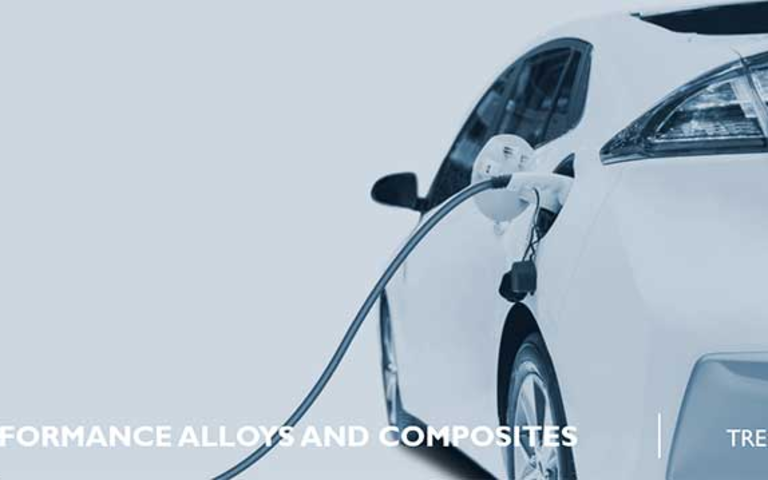PerforMet® alloy is a nickel-silicide strengthened bronze that has been optimized for automotive powertrain and electric vehicle (EV) applications. With a combination of high strength and thermal conductivity, and friction, wear and corrosion resistance, PerforMet alloy withstands higher pressures and temperatures in high-power-density engines. Combined, these benefits can increase power and torque while lowering fuel consumption.
In traditional internal combustion and alternative fuel powertrain applications, PerforMet intake and exhaust valve seats, valve guides and piston rings, allow heat to pass out of critical components, reducing the likelihood of hot spots. The result is enhanced engine efficiency, higher performance and long-term reliability -- all important considerations when you need to lower emissions while maintaining optimum power and vehicle performance.
In EV applications, miniaturizing the drive train saves weight and space, but creates heat and pressure issues that result in thrust. High-conductivity PerforMet alloy manages the increase of heat and pressure, resulting in a significant reduction in cabin noise (NVH). When PerforMet alloy is used to make differential bearing, NV is reduced by 10 decibles because of the enhanced wear resistance and lubricity of the material.
To learn more, download the PerforMet alloy data sheet.
Benefits
- Thermal conductivity
- High strength
- Good lubricity
- Wear resistance
Applications
- Gear boxes for EV buses & trucks
- Internal combustion valve seats, guides & piston rings
- Connecting rods
- Plain bearings







